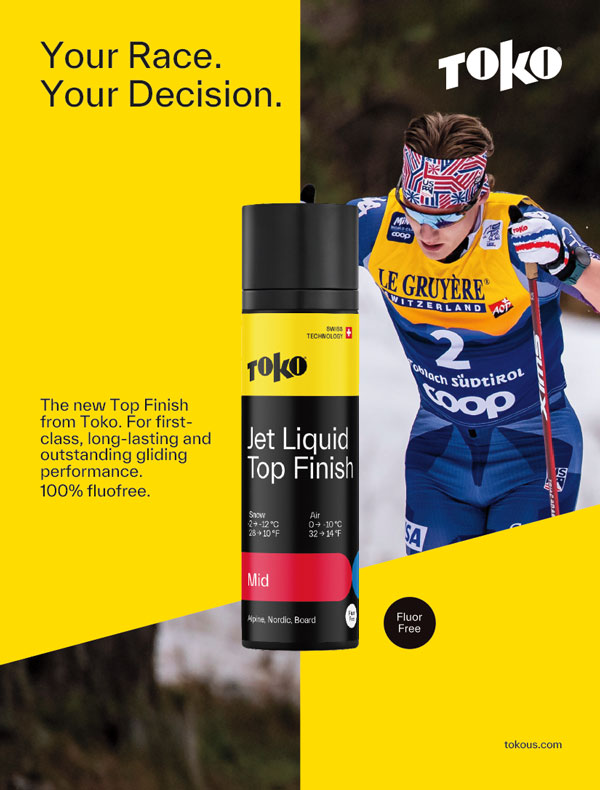
Sugarbomb
Kris Freeman
Tue, Sep 9, 2008 - By Zach Caldwell
 Today was the uphill running time trial, and it was rough. Results:
Today was the uphill running time trial, and it was rough. Results:
20:43 Noah Hoffman
21:08 Kris Freeman
23:47 Dan Roycroft
24:14 Pat O’Brien
Now, to be fair, Noah is a very fast uphill runner, and Kris and I had already acknowledged the expectation that Noah would be very tough. And Kris’s previous best time was a 21:17 from July. So what’s the problem? The problem is that he finished with his blood sugar over 300, and felt absolutely terrible during the test.
As usual there’s good news and bad news. The good news is that Kris is clearly very fit - he beat his July time with really high blood sugar. We know from Sunapee tests and lab testing that blood sugar in the range of 300 is really bad for performance. Last year he had one test with bad blood sugar, and came from with a one minute and ten second improvement the next time out. It’s clear that the sprint workouts on Monday and Thursday were not good preparation for this, but it’s also clear that Kris was able to deal with the load better than Dan and Pat who really suffered badly today. Dan was a minute and a half slower than July, and Pat did the test for the first time, and simply failed to impress. Noah did the sprint relay on Thursday, and by his own report wasn’t really able to hurt himself in that session, and he didn’t do the Monday sprint. He felt pretty good. So, Kris came in tired, his blood sugar was out of control, and he ran faster than he had previously. Not terrible news.
The unavoidable bad news is that Kris’s blood sugar was a major issue, and there’s no immediately good explanation for it. His basal dose has been fairly low - meaning his insulin sensitivity has been pretty high. This is normally related to higher volume loads, and it’s been confusing to me since he arrived. But before today it hadn’t been an issue in training, so we weren’t making an issue of it. Based on his low basal dose Kris was planning to run today’s test at 1.0 units/hour. In July he ran it at 1.6. I talked him into going with a higher dose, and suggested going as high as he felt comfortable going. The reason is that the uphill run is a particularly unrelenting effort. The system starts to dump sugar into the blood as maximal effort is approached. In an uphill running test maximal effort is acheived early and maintained for the duration. So, Kris ran a dose of 1.6 units/hour - four times his basal dose. It wasn’t nearly enough.

Testing blodd sugar levels
This is confusing and discouraging. But there are some consistencies with past high-sugar circumstances. Kris came into this camp on a very light training load, in part because of his Democratic National Convention gig. Last summer he had similarly serious blood sugar issues in a Sunapee test immediately after a week of no training due to sponsorship travel. Last winter he got into blood sugar difficulty in Rybinsk after several weeks of low volume, and after knocking things way back for travel to Russia.
The plan for this season has been to maintain better contact with stability. Today’s experience underscores the need to be very vigilant in that regard. The immediate question now is how to proceed. Should Kris do a 30K time trial Monday as planned? As of now we’re inclined to say no. But we’re also asking ourselves how we would respond if that scheduled 30 K were a World Cup. The other option is to give Kris an extra day to get a little stability-inducing volume under his belt, and then to go back to the hillclimb and see whether he can recovery from this instability in short order with a better effort. A repeat of the hillclimb is attractive because it’s the most objective test we’ve got, and because it’s the one that just went bad. We’ll make a decision on this tomorrow, after Kris has had PM session today, and a night’s sleep.
Reprinted with permission from the Kris Freeman website at http://www.krisfreeman.net/. Copyright © Zach Caldwell and Kris Freeman

